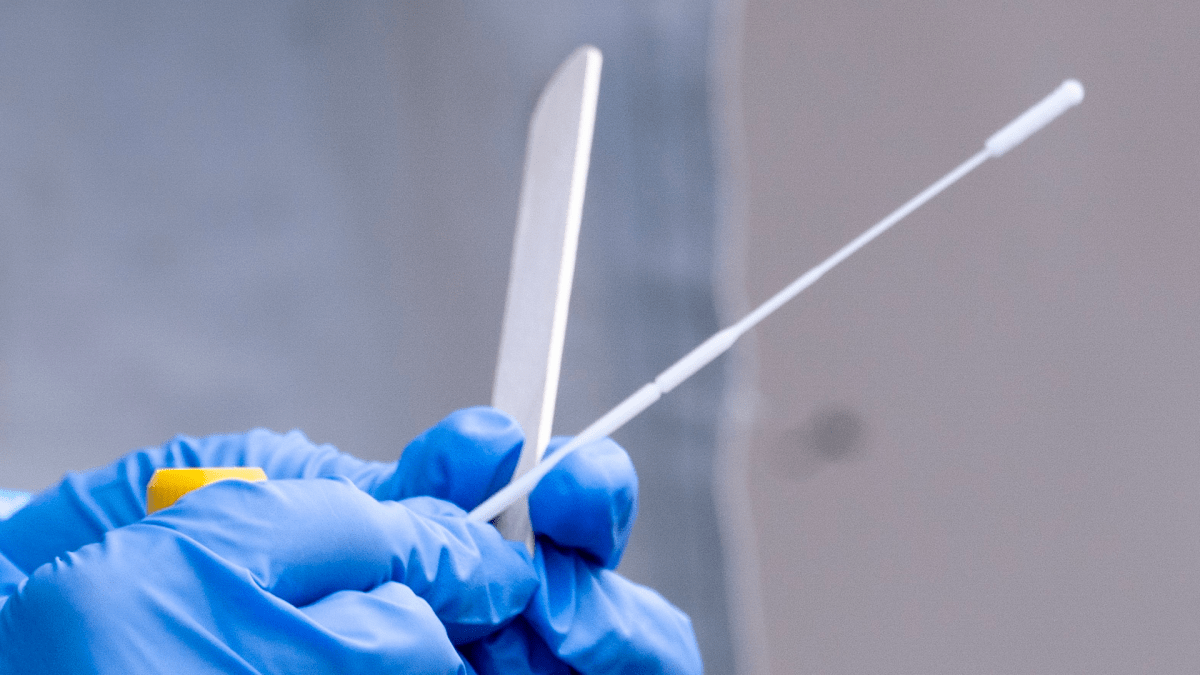The government of Manitoba says a handful of remote communities will be receiving rapid test devices for COVID-19, where transportation and weather issues are more likely to slow results.

Swan River, The Pas, Churchill, Thompson, Lynn Lake, Gillam and Flin Flon will each receive some of the Abbott ID NOW testing devices, as per public health advice.
Two of the 13 devices will be sent to Winnipeg’s St. Boniface Hospital to help manage an outbreak there, while one will be kept by Manitoba officials to learn how the tests can be used most effectively.
The province says it currently has supplies for 4,000 tests.

Get weekly health news
“Now that our initial shipment of these rapid testing units has arrived, we are taking strategic action to put these resources where they can benefit our public health response the most,” said Premier Brian Pallister in a news release.
“This plan will support some of Manitoba’s more vulnerable communities and ensure our province is well-positioned to respond to the challenges of this virus.”
The province suggests not every test in the listed communities will utilize the rapid testing device, rather it says health-care providers will use provincial guidance on when a rapid test is appropriate, or as a tool to identify possible outbreaks as early as possible.
It also notes that while the devices produce nearly immediate results, they tend to display false negatives more often, so they must still be confirmed by traditional testing.
The units are expected to be distributed this week, and will be up and running just as soon as staff have received proper training. Remaining units will be deployed as needed to respond to future outbreaks or other developments.















Comments